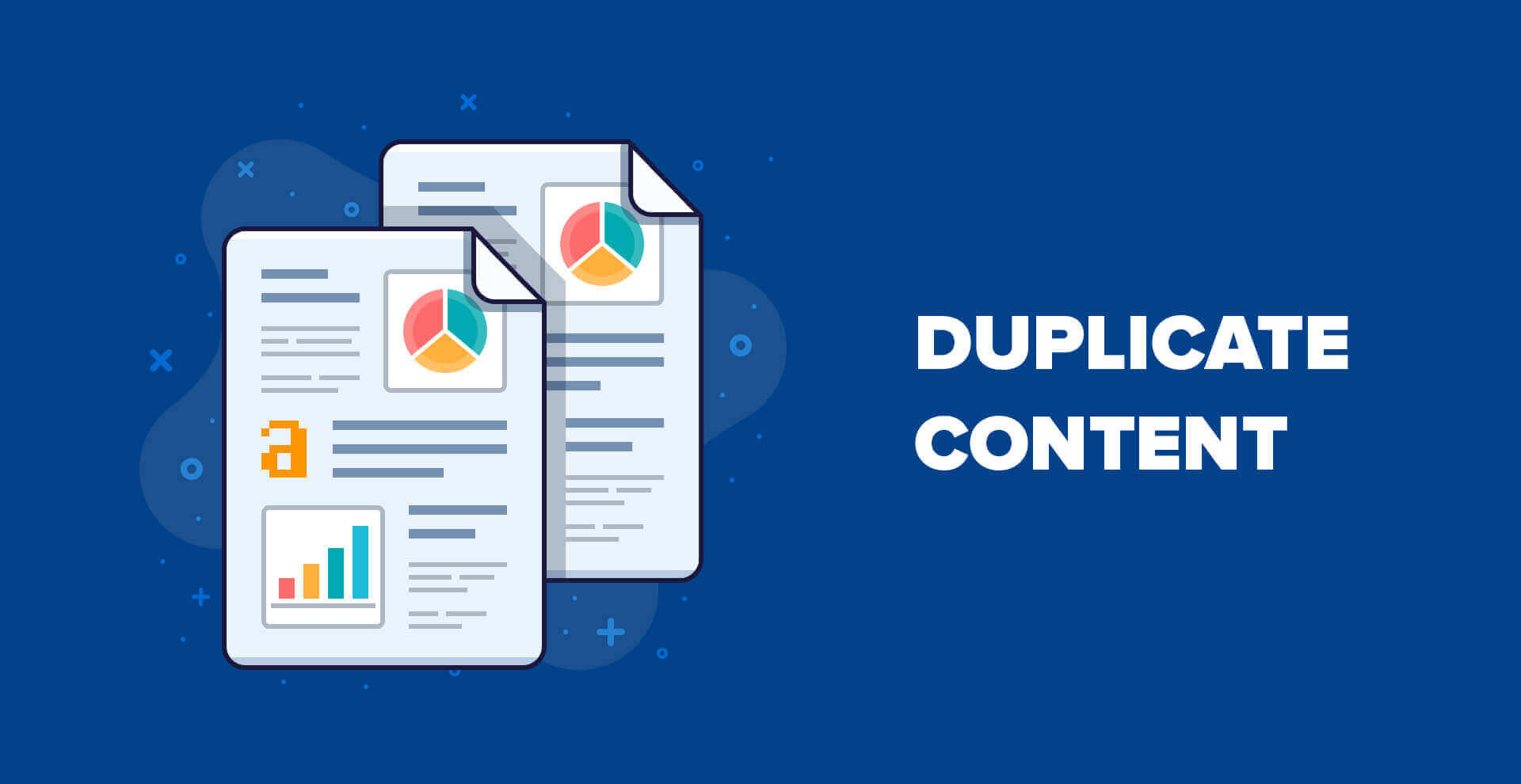Many content marketers dread duplicating content, imagining a Google penalty looming. Thankfully, this isn’t necessarily the case.
Duplicate content refers to text found in more than one location on a site or across multiple domains. It can be a result of scrapers or an error in coding.
It’s Unnatural
When the same content appears online in many places, it is called duplicate content. This can happen on a single website or across multiple websites and can include both exact duplicates (like this post) and similar content that has been slightly changed but carries the same general meaning (like this page). Most people don’t create this type of content on purpose, and it’s not considered malicious, which is why Google doesn’t penalize you for it directly.
Also read:- Why Online Food Delivery Service Is An Ideal Business Model For Startups?
However, it’s still an unnatural and annoying problem that can hurt your SEO. After all, you spent time and energy creating unique content for your site, so it would be frustrating if someone could take that content and publish it on their own without penalty. Here are three significant problems that can occur with duplicate content:
It’s Plagiarism
Duplicate content is bad for SEO because it’s unnatural. The purpose of search engines is to explore the internet and locate the most appropriate web pages for a particular search term. If there are several identical pages, they won’t be able to distinguish which is the most pertinent and will rank them all lower than they should be.
This is why it’s so important to be original when creating your content. However, it isn’t always possible to avoid duplicate content altogether. Sometimes other websites will reuse your content without permission (this is called scraping). If you can’t stop it from happening with a canonical URL or meta robots with no index tag, this could be a problem for your SEO. And this is why it’s essential for the article checker duplicate content to check it and to be unique.
You ought to be able to contact the website’s owner in this situation and request that they link back to your page or use a canonical URL to designate that your version is the original. You can also send them a notice to request they remove the duplicate content.
Also read:- write for us tech
Also read:- Technology write for us
Also read:- write for us technology blogs
It’s Unreadable
It’s a shame to spend time and resources creating content for your site only to see it replicated word-for-word elsewhere. Google takes this seriously and filters duplicate content from its search engine results pages (SERPs).
This is one of the main reasons you should, whenever feasible, avoid copying content, especially in a market where competition is fierce. Duplicate content confuses search engines and makes it hard for users to find the information they need.
Search engines are further forced to decide which version of the same website should appear higher on a search engine results page when search engines filter out duplicate content. This can result in lower visibility for all the identical URLs, which dilutes the link equity that would have been passed between the original and duplicate pages. This is why it’s essential to use a canonical tag or redirect your same pages to a preferred URL. This will prevent the search engine from diluting your backlinks and subsequently hurting your SEO.
It’s Low-Quality
Duplicate content is not a direct penalty from Google, but it does hurt search rankings because search engines don’t know which version of your website should rank in search results. Unless you have HTML tags that identify the original page (also called canonical) for each piece of content, it’s easy for someone to steal your words and publish them on their site without recognizing your work.
Because both versions can’t be ranked equally, search engines must pick one or the other. This perplexes them since they are unsure whether to distribute the link metrics over numerous pages or to one specific page. Additionally, your duplicate material may receive a lower ranking or potentially be excluded from search engine results. This also means your same content may be down-ranked or even left out of search engine results. In some cases, like on e-commerce sites, this can result in fewer product pages being indexed because they’re all almost identical. That’s a waste of your crawl budget and can hurt your SEO.
Author bio:
Hello, I am a professional SEO Expert & Write for us Technology blog and submit a guest posts on different platforms- we provides a good opportunity for content writers to submit guest posts on our website. We frequently highlight and tend to showcase guests.




